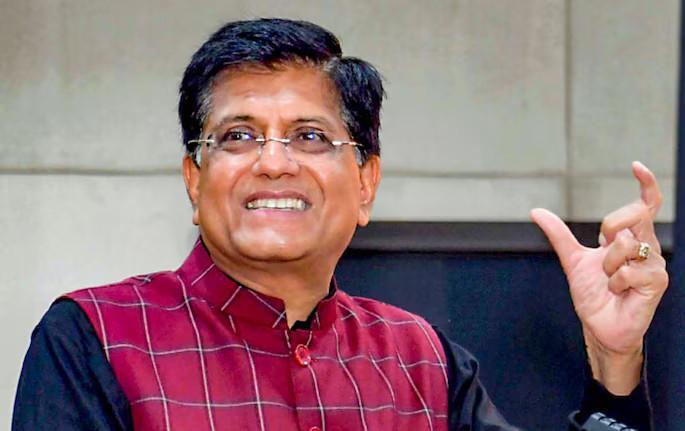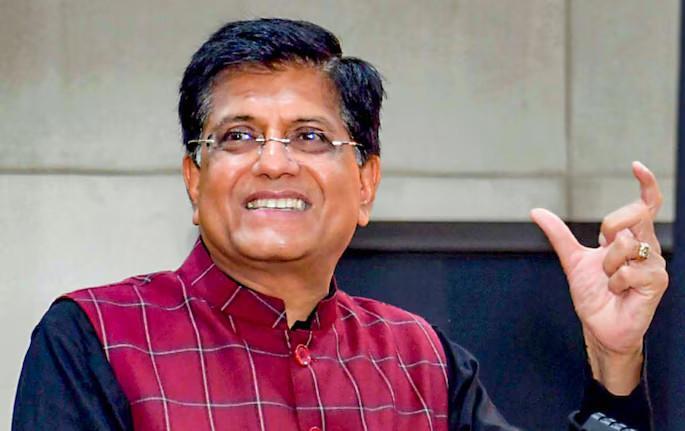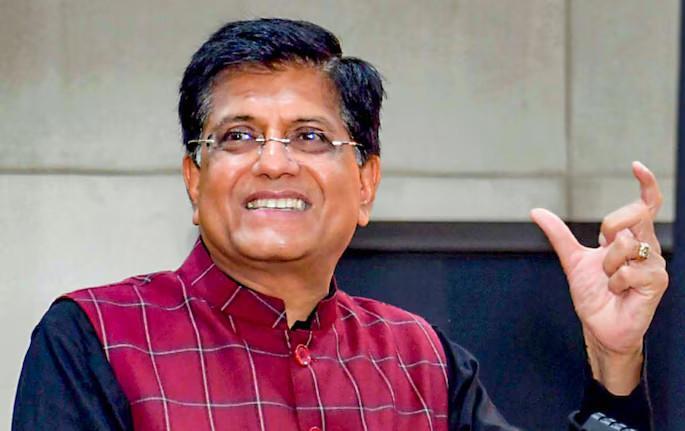
OpenAI & Elon Musk Agree to Fast-Track Trial Over For-Profit Model
In a significant development in the ongoing dispute between Elon Musk and OpenAI, the two parties have agreed to fast-track the trial regarding OpenAI’s transition to a for-profit model. This agreement comes after a court earlier denied Musk’s request to pause OpenAI’s transition to the model.
The news of the agreement was revealed in a court filing, which stated that the parties have agreed to expedite the trial process in order to resolve the dispute as quickly as possible. The exact timeline for the trial has not been disclosed, but it is expected to begin soon.
For those who may be unaware, the dispute between Musk and OpenAI began last year, when Musk sued the company and its CEO, Sam Altman, accusing them of straying from the company’s original goal of creating AI for humanity’s benefit. According to Musk, OpenAI’s decision to transition to a for-profit model was a betrayal of the company’s original mission and values.
OpenAI, on the other hand, has denied any wrongdoing and has argued that its decision to become a for-profit entity was necessary in order to scale and expand its operations. The company has also pointed out that it still plans to make its AI technology available to the public and to use its profits to support research and development in the field of artificial intelligence.
The dispute between Musk and OpenAI has sparked a heated debate about the ethics and potential risks associated with artificial intelligence. Some have argued that OpenAI’s decision to become a for-profit entity could lead to the exploitation of AI technology for commercial gain, rather than for the benefit of humanity.
Others have pointed out that the company’s decision to transition to a for-profit model is necessary in order to ensure the long-term sustainability of its operations. They argue that OpenAI’s original funding model, which relied on donations from philanthropic organizations and venture capital firms, was unsustainable and would eventually lead to the company’s demise.
The fast-tracking of the trial is likely to be a significant factor in resolving the dispute between Musk and OpenAI. By expedited the trial process, the parties will be able to present their evidence and arguments to the court more quickly, which will help to resolve the dispute in a timely and efficient manner.
It is worth noting that the outcome of the trial is far from certain. While Musk has accused OpenAI of straying from its original mission and values, OpenAI has denied any wrongdoing and has argued that its decision to become a for-profit entity was necessary and justified. The court will ultimately have to decide whether OpenAI’s decision to transition to a for-profit model was lawful and whether Musk has a legitimate claim against the company.
In conclusion, the agreement to fast-track the trial between Elon Musk and OpenAI is a significant development in the ongoing dispute between the two parties. The trial is likely to be a high-stakes affair, with the outcome having significant implications for the future of artificial intelligence and the potential risks and benefits associated with it.
As the trial approaches, it will be important for both parties to present their evidence and arguments in a clear and compelling manner. The court will ultimately have to decide whether OpenAI’s decision to transition to a for-profit model was lawful and whether Musk has a legitimate claim against the company. Regardless of the outcome, the dispute between Musk and OpenAI is likely to have significant implications for the future of artificial intelligence and the potential risks and benefits associated with it.




